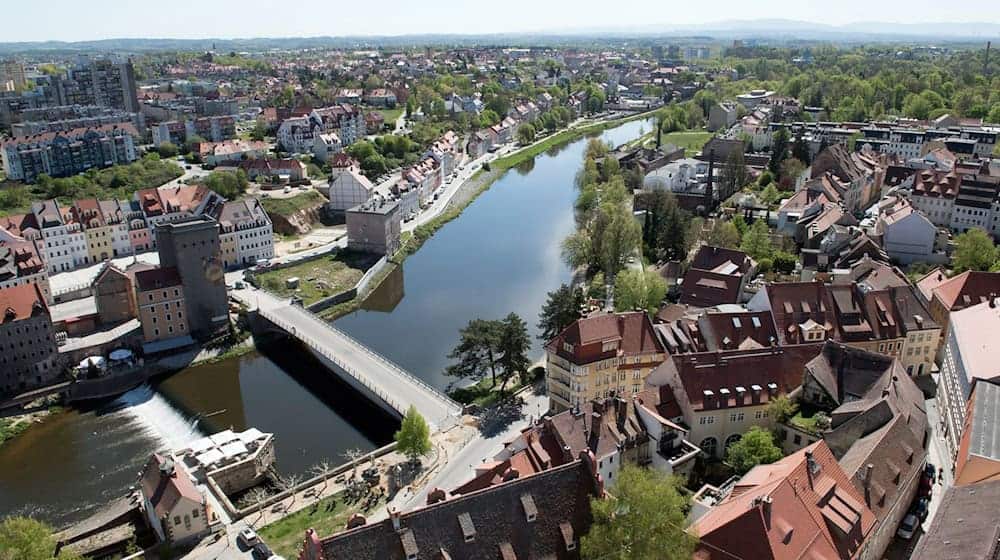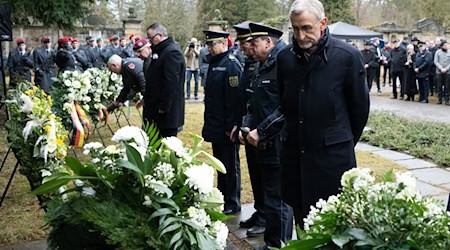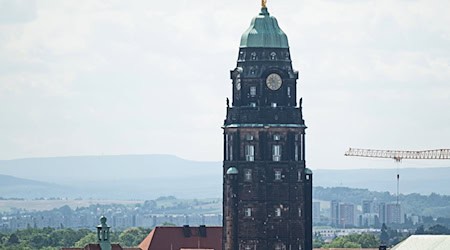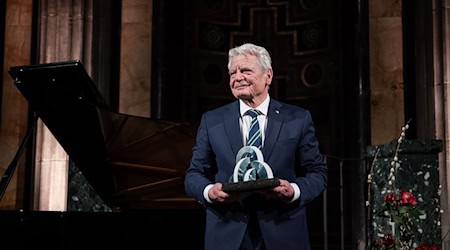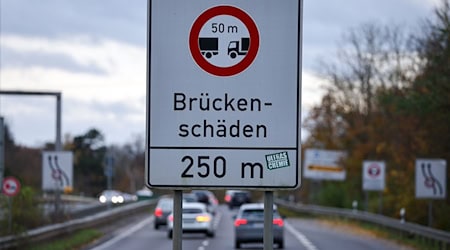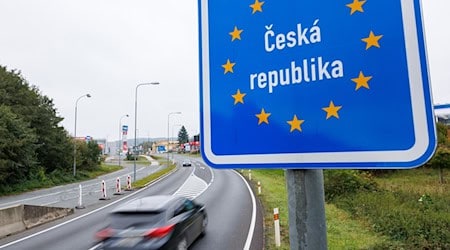As the Zipfelbund, Görlitz, Oberstdorf, List and Selfkant are once again making their presence felt at this year's Day of German Unity. The four towns, which are geographically located in the outermost corners of the Federal Republic, will be represented with a joint stand at the three-day citizens' festival on the Ländermeile in Saarbrücken from Thursday (October 2).
The alliance, which has existed for 26 years, is a "living symbol of German unity", according to Europastadt Görlitz-Zgorzelec GmbH. "We are not only interested in attracting tourist attention, but also in the partnership-based exchange between the four municipalities," said Managing Director Eva Wittig.
"Zipfelpakt" was concluded in 1999
Görlitz as the easternmost city in Germany, Oberstdorf in the Allgäu, Selfkant on the Dutch border and List on Sylt concluded their "Zipfelpakt" in 1999 on the Day of German Unity in Wiesbaden. The Zipfelpass came into circulation as an official travel document to encourage people to visit the four outermost corners. With this special pass, "Zipfelstürmer" can get a stamp in each of the towns. To do so, they must prove that they have stayed overnight at least once in each place.
According to Europastadt GmbH, 250 Zipfel passes were fully stamped last year. Thousands have probably been stamped so far, it said. Anyone who completes the round trip within four years receives a gift.
Zipfelpass also presented to celebrities
In recent years, the Zipfelpass has also been presented to celebrities on public occasions. These have included former German Foreign Minister Joschka Fischer, comedian Otto, singer Stefanie Hertel and actor Wolfgang Stumpf. However, the extent to which these passport holders actually visited the individual locations could not be verified.
Every year, the four municipalities award the "Prize of the German Zipfel" in recognition of special services to social cohesion in Germany. This year, the 4,000 euro award goes to the 2nd Chance Saarland association, which is committed to the integration of socially disadvantaged young people. The prize was first awarded in 2008, when it went to meteorologist Jörg Kachelmann.
Copyright 2025, dpa (www.dpa.de). All rights reserved

